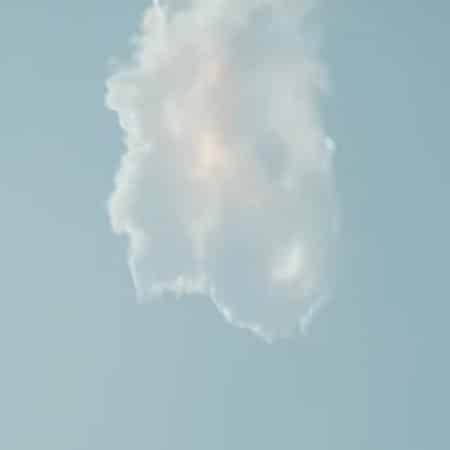Leftist lawsuit against beach closures at Boca Chica appealed to higher Texas court
The leftist anti-Musk activists groups have now appealed the dismissal of their lawsuit against the law allowing more frequent beach closures at Boca Chica for Starship/Superheavy launches.
The lawsuit was filed by Save the Rio Grande Valley (SaveRGV), the Sierra Club, and the Carrizo/Comecrudo Nation of Texas against Cameron County, the Texas General Land Office, Texas Land Commissioner Dawn Buckingham, and the Texas attorney general. When the case was reviewed by the lower court in Cameron county, it dismissed it entirely, saying the activist groups had no standing and had failed to show any harm from the law.
The activists then appealed to a higher court.
The Thirteenth Court of Appeals found the Plaintiffs have standing and that immunity had been waived for each Defendant. The case was remanded to the trial court to proceed on the merits, but Defendants appealed the Thirteenth Court’s ruling to the Supreme Court of Texas.
Oral arguments before the Supreme Court of Texas will occur on January 13, 2026. In the more rational world of America until two decades ago, the case would be thrown out again, since the law that initially limited these beach closures was legally revised by the state legislature.launches. Just because these leftists don’t like it doesn’t mean they and the courts have the right to cancel legal legislation.
We no longer live in that more rational American world, however. Politics now rule, and it is leftist politics that most often win, regardless of the law or rationality.
The leftist anti-Musk activists groups have now appealed the dismissal of their lawsuit against the law allowing more frequent beach closures at Boca Chica for Starship/Superheavy launches.
The lawsuit was filed by Save the Rio Grande Valley (SaveRGV), the Sierra Club, and the Carrizo/Comecrudo Nation of Texas against Cameron County, the Texas General Land Office, Texas Land Commissioner Dawn Buckingham, and the Texas attorney general. When the case was reviewed by the lower court in Cameron county, it dismissed it entirely, saying the activist groups had no standing and had failed to show any harm from the law.
The activists then appealed to a higher court.
The Thirteenth Court of Appeals found the Plaintiffs have standing and that immunity had been waived for each Defendant. The case was remanded to the trial court to proceed on the merits, but Defendants appealed the Thirteenth Court’s ruling to the Supreme Court of Texas.
Oral arguments before the Supreme Court of Texas will occur on January 13, 2026. In the more rational world of America until two decades ago, the case would be thrown out again, since the law that initially limited these beach closures was legally revised by the state legislature.launches. Just because these leftists don’t like it doesn’t mean they and the courts have the right to cancel legal legislation.
We no longer live in that more rational American world, however. Politics now rule, and it is leftist politics that most often win, regardless of the law or rationality.

